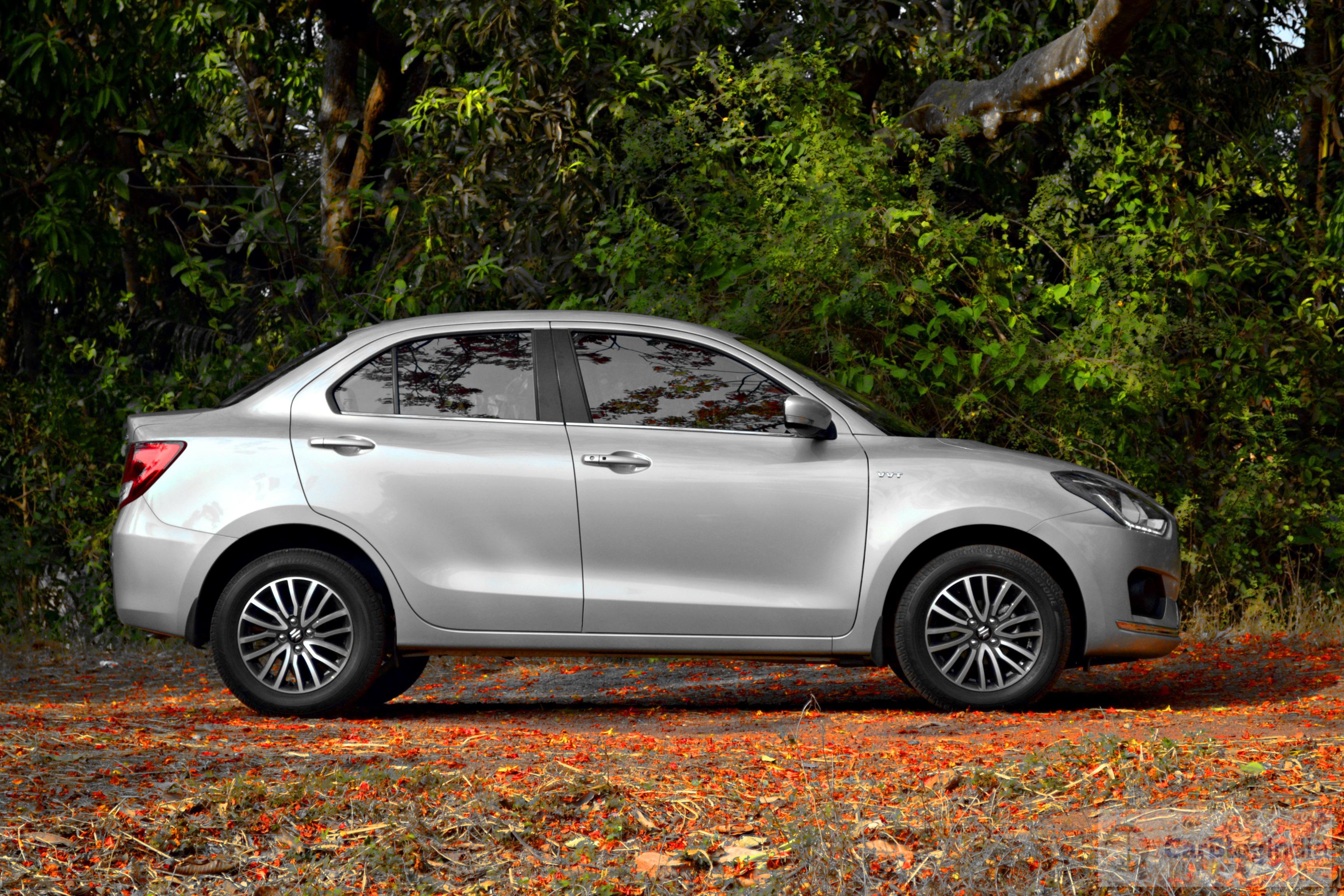Fresh challenges surface for VW, including a possible fresh defeat device in Audis updated, Ars Technica

Cars / All things automotive
And in the US, VW given until the end of November to find a fix for Three.0L diesel cars.
by Megan Geuss – Nov 8, two thousand sixteen 1:30 am UTC
Last week was touchy for Volkswagen Group and its profitable Audi brand.
Yesterday, the German magazine Bild Am Sontag reported that the California Air Resources Board (CARB) had discovered that unspecified Audi vehicle models were running illegal software to bring carbon dioxide (CO2) emissions within legal thresholds under laboratory conditions. The software, according to Bild Am Sontag, also killed CO2 emissions controls while the Audis were driven under normal conditions, much like the defeat device scandal involving VW, Audi, and Porsche vehicles that was exposed last September.
This illegal software was evidently found in both gas and diesel Audi models produced up until May 2016. Neither Audi nor CARB has confirmed the reports to any outlet, including Ars Technica.
The Wall Street Journal, however, spoke to anonymous sources that seemed to confirm the German magazine’s claims.
Reports surfaced last November that some 800,000 Volkswagen vehicles in Europe may have been running with falsified CO2 data. Those were said to include VW, Audi, Seat, and Skoda vehicles, most of which were diesels. This fresh information concerns Audis in the US, and it includes gas vehicles as well. According to the WSJ, “CARB technicians conducting lab tests on Audi’s vehicles made them react as if on a road by turning the steering wheel. When the cars deviated from lab conditions, their CO2 emissions rose dramatically.”
WSJ is uncertain how earnestly CARB is taking the discovery. In a separate report yesterday, Reuters reported that CARB had made its discovery earlier this year.
In a statement to Ars, CARB spokesperson David Clegern wrote that the agency can’t comment on an ongoing investigation. He added that CARB has been testing vehicles from all manufacturers “to determine if there are undisclosed auxiliary emissions control devices (AECDs) or defeat devices that influence those emissions.”
The fresh screening procedures are in addition to the standard certification emissions test cycles. If illegal AECDs or defeat devices are discovered, CARB will aggressively pursue the investigation and require the manufacturer to correct the violations at its own expense. In addition, the manufacturer may be subject to penalties, as provided by law.
The CARB-Volkswagen news was preceded this weekend by news that VW Group’s former chief financial officer (CFO), Hans Dieter Pötsch, is under investigation. According to The Fresh York Times, he is under investigation for allegedly violating securities laws by “failing to notify shareholders quickly enough of the financial risks of the diesel emissions cheating scandal.” Pötsch became a chairman on the company’s supervisory board just weeks after VW Group was accused of installing defeat devices on diesel vehicles to help them pass nitrogen oxide (NOx) emissions tests in markets around the world.
Pötsch is one of a few top executives—including VW Group CEO Martin Winterkorn and Herbert Diess, a member of the company’s management board—who are openly being investigated. Earlier this year, a former Volkswagen engineer, James Liang, became the very first and thus far only VW employee to be found guilty of wrongdoing in the scandal.
Even the known parts of VW Group’s ongoing scandal are still mired in negotiations and bureaucracy. Last week, US District Judge Charles Breyer announced that VW Group had until November thirty to propose a plan to get 80,000 Three.0L diesel vehicles off the road—whether that means fixing the cars or buying them back. Judge Breyer voiced confidence that VW Group would comeback to the court with “what I hope will be very good news.”
Those 80,000 cars are separate from the harshly 475,000 Two.0L diesel vehicles that also used illegal software to manipulate emissions. VW Group lodged that issue for almost $15 billion—including $Ten.033 billion to buy the affected vehicles back and more than $Four.7 billion in fines and mitigation payments.
Update: In a statement to Ars, Audi spokesperson Jeurgen De Graeve wrote, “We proceed to work with regulators on an approved resolution for Three.0L TDI V6 vehicles in the United States. The Court has ordered that these discussions remain confidential.”